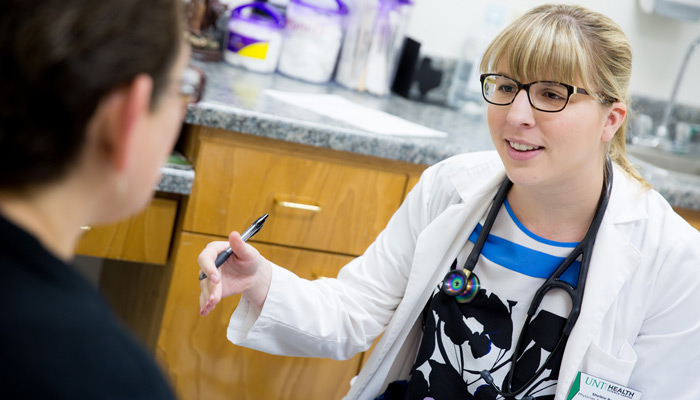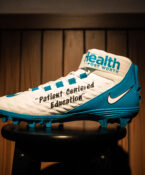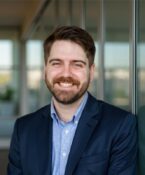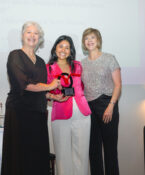Physician assistants are on the frontline of primary care
At HealthFirst Northwest Clinic, Shelbie Reed navigates the busy hallways, stepping in and out of examination rooms filled by patients with ailments ranging from sinus infections to diabetes.
In her crisp white coat, she could be mistaken for a physician, but she’s not one.
She is a clinical-year student on rotation as part of UNT Health Science Center’s nationally recognized Physician Assistant Studies Program, which is preparing Reed for a field that is expected to play a critical role in the future of primary medical care in the United States.
“When I was an undergraduate trying to decide what kind of medicine to study, I shadowed a few doctors,” Reed said, “They all told me the same thing – ‘Be a physician assistant.’”
At UNTHSC, the PAS Program’s class size has grown from 12 students in 1997 to 75 students each year today, said Dr. Hank Lemke, DHSc, Program Chairman. Last year, the PA program received over 2,200 applications for those 75 spots.
As the U.S. population ages and the need for primary care providers increases, patients are often likely to receive medical care from a physician assistant instead of a physician.
“This approach works because a PA works closely with the supervising physician to provide the patient with greater access to quality health care,” Dr. Lemke said.
PA Elisa Gerdes, a 2009 UNTHSC graduate, said that on an average day, she diagnoses and treats 20 to 30 patients. “Doctors might be booked up on appointments two months out, but patients can usually walk in and see us anytime,” she said.
UNTHSC graduates and students on rotation are always top-quality providers that help the clinic better serve the community in northwest Fort Worth, said William Seger, MD, a physician at HealthFirst Northwest Clinic.
Patients seem equally impressed. One patient that Reed visited during her rotation shift was Ramona Gutierrez, who was there to receive blood-test results.
“I love seeing the PAs because they’re so knowledgeable, and you get great access to them,” Gutierrez said. “They aren’t doctors, but they take great care of you.”







Social media